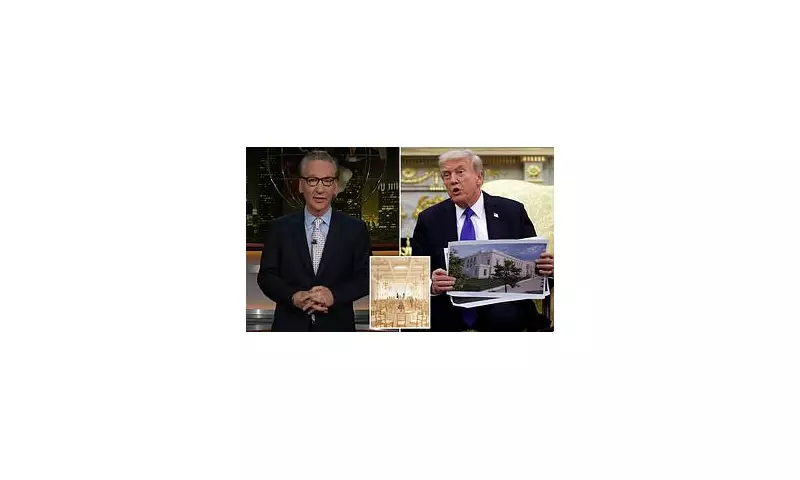
In a stunning revelation that has sent shockwaves through political circles, veteran comedian and political commentator Bill Maher has disclosed extraordinary details about Donald Trump's White House tenure, suggesting the former president ordered extensive renovations primarily to search for hidden listening devices.
The Real Reason Behind Trump's White House Makeover
During a recent episode of his popular HBO show 'Real Time,' Maher dropped what he described as insider information about the true nature of Trump's $1.75 million renovation project. According to Maher, these weren't merely aesthetic improvements but constituted a comprehensive security sweep of the presidential residence.
'He had the whole place swept for listening devices,' Maher told his audience, emphasizing the scale of the operation. 'That was part of the renovation - checking for bugs.'
A Pattern of Paranoia
This revelation aligns with what many observers have noted as Trump's longstanding concern about surveillance. The claims gain particular significance given the context of Trump's presidency, which was marked by:
- The Russia investigation and allegations of election interference
- Multiple intelligence community assessments about foreign surveillance
- Trump's own frequent claims of being 'wiretapped' or monitored
- The unprecedented turnover of White House staff and security officials
Maher, known for his sharp political commentary and connections within Washington circles, presented this information as fact rather than speculation, adding credibility to what might otherwise seem like conspiracy theory.
The Financial and Security Implications
The $1.75 million renovation figure takes on new meaning in light of these claims. While White House renovations are routine between administrations, the suggestion that security concerns drove much of this expenditure raises questions about:
- The perceived security threats to the sitting president
- The allocation of government resources for what might be considered extraordinary measures
- The working environment within the Trump White House
- The relationship between the president and intelligence agencies
'This wasn't just about redecorating,' Maher emphasized during his segment, 'this was about a fundamental distrust of the very institutions that are supposed to protect the president.'
Broader Political Context
The timing of Maher's revelation is particularly noteworthy, coming as Trump positions himself for another potential presidential run. The claims about White House surveillance paranoia may influence voter perceptions about Trump's temperament and leadership style.
Political analysts suggest this story taps into ongoing debates about:
- Executive power and privacy concerns
- The relationship between presidents and intelligence communities
- Security protocols in the digital age
- The blurring lines between legitimate security concerns and political paranoia
As this story continues to develop, it raises fundamental questions about how future administrations will balance security needs with operational transparency.





